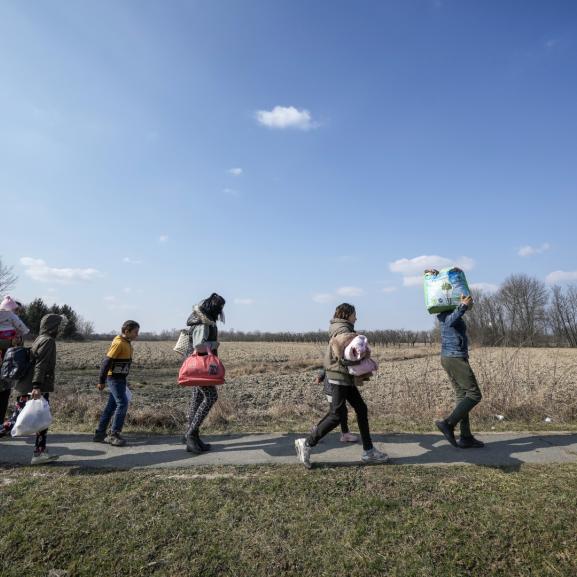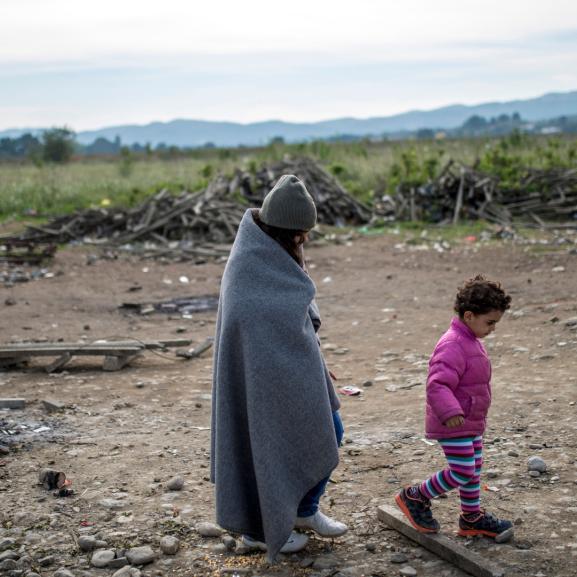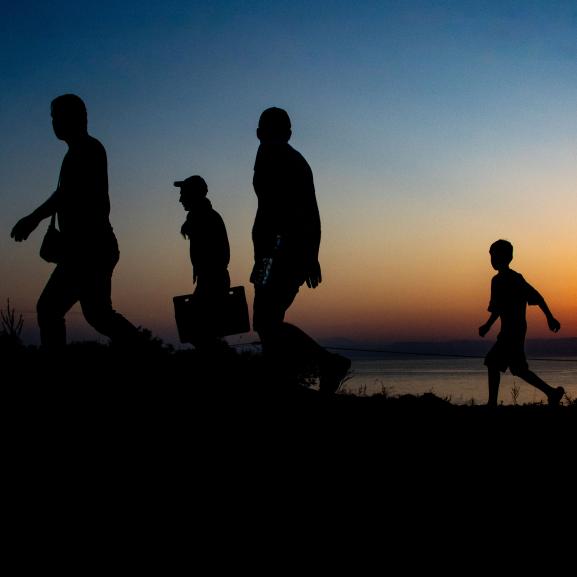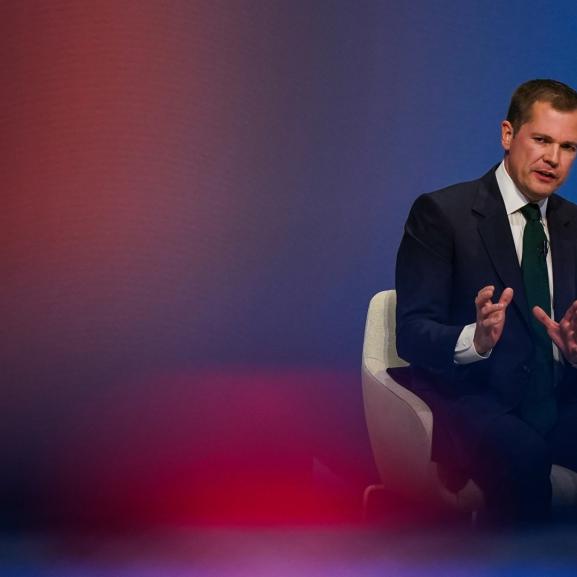Refugee charities’ double standard concern on how UK puts into practice its global sexual violence initiative at home
Freedom from Torture, Asylum Aid and Survivors Speak OUT, who all work with refugees in the UK, are highlighting concerns that the Home Office is jeopardising the UK’s implementation of its high profile global initiative on preventing sexual violence. Their concerns come as a Lords select committee prepares to report on its progress
The International Protocol on the Documentation and Investigation of Sexual Violence in Conflict was the brainchild of former Foreign Secretary William Hague and celebrity Angelina Jolie-Pitt. It is meant to enable the collection of evidence for international prosecutions while respecting the dignity of the survivors.
Against the backdrop of the downgrading of human rights in British foreign policy, this Protocol and the wider initiative are strongly supported by Freedom from Torture, Asylum Aid and the Survivors Speak OUT network, along with 360 other UK charities. But the Protocol illustrates a double standard that is developing between the principles that the UK is promoting abroad and its practice at home in the treatment of survivors of sexual violence who come here seeking sanctuary.
Specific examples identified by the charities include:
- Disregard of clinical evidence of sexual violence by asylum decision-makers and substitution of their own views on medical matters, contrary to clear Home Office policy in this area
- Disbelief of disclosures of sexual violence if these are made at a late stage in the asylum process - even though the Protocol recognises that memory and the timing of disclosure are impacted by the trauma of sexual violence and the stigma attached to it. This means that, especially in women’s cases, the decision not to grant asylum is too often wrong in the first instance and is later overturned by the courts.
- Detention for purely administrative purposes of some survivors of sexual violence seeking refuge in the UK, which re-traumatises them and makes it even more difficult for them to navigate the complex UK asylum system
- Failure to apply gender-sensitive measures in asylum procedures that would allow survivors of sexual violence to be heard. Women refugees are not guaranteed female interviewers and interpreters who have been trained in sexual violence and trauma, are not always provided with childcare during interviews, and are not given sufficient information about their rights
Dr Juliet Cohen, Head of Doctors, Freedom from Torture, who contributed to the Protocol, said:
“Internationally the UK promotes survivor testimony as evidence of violent sexual crimes. So it is an unacceptable double standard that when survivors seek sanctuary here, their accounts are often dismissed out of hand.
Even expert evidence from our doctors is frequently rejected because asylum caseworkers prefer their own unqualified opinions on strictly medical matters. The Home Office has an excellent policy for medical evidence of torture but, inexplicably, caseworkers have never received training on it.”
Debora Singer, Research and Policy Manager at Asylum Aid, who also contributed to the Protocol, said:
“If a woman is raped in a conflict situation abroad, the UK promotes gender-sensitive measures to enable her to speak out and get justice. But if that same woman flees further persecution and comes to the UK to seek asylum, she is often denied those minimum standards. This hypocritical treatment of survivors has to stop. If these standards are good enough for our foreign policy, they must also be good enough for the Home Office’s treatment of refugees.”
Kolbassia Haoussou, co-ordinator of the Survivors Speak OUT network, who contributed to the development of the Protocol and was on the launch platform with Angelina Jolie-Pitt and William Hague, said:
“We’re pleased as survivors to have contributed to the Preventing Sexual Violence Initiative since its launch. However, the Home Office’s indifferent attitude towards sexual violence evidence is deeply traumatic for the survivor and reinforces every idea of stigma that the Foreign Office is trying to challenge.”







